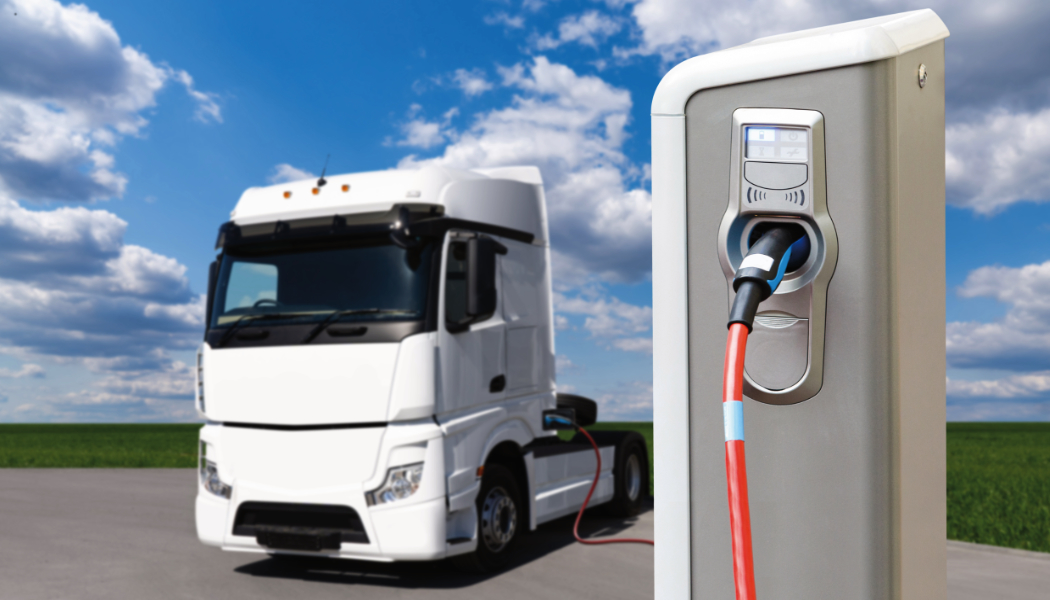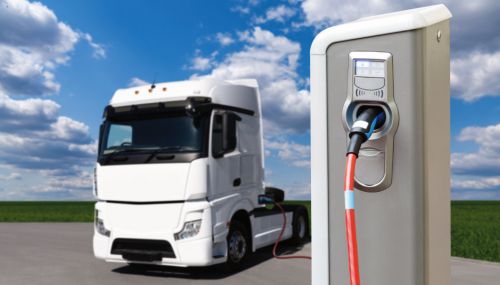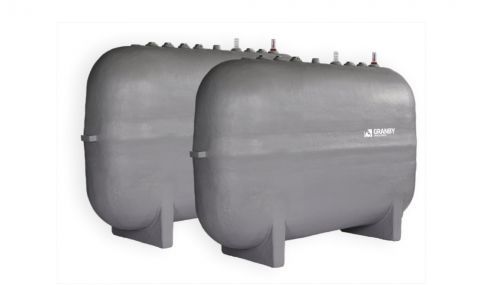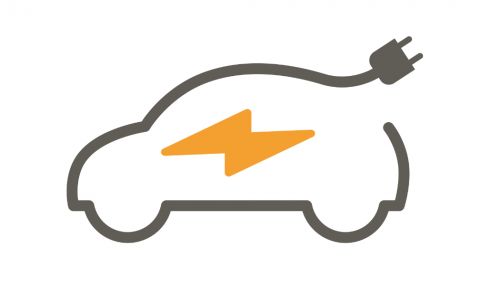All
The ACT Is Live in Massachusetts. How’s It Shaping Up so Far?
by Ed Burke and Kelly Burke, Dennis K. Burke Inc.

If users are not buying electric trucks, but manufacturers are not allowed to sell conventional diesel vehicles, what comes next?
As we are all aware, MassDEP adopted the CARB (California Air Resources Board) Heavy Duty Omnibus and ACT (Advanced Clean Truck) regulations (aka 310 CMR 7.40) in December of 2021, along with several other States. The bill took effect January 1, 2025.
Under the new regulations, starting with model year 2025 vehicles, manufacturers will be required to produce an ever-increasing number of zero-emission vehicles, or in other words, electric powered heavy-duty trucks. The practical effect of this will mean fleets within the state will likewise be required to purchase, register, and operate a higher percentage of zero emission vehicles (ZEV) over the next several years. The availability of internal combustion engine vehicles for fleets in the state will concurrently be drastically limited, and in many instances entirely unavailable from manufacturers with these regulations now in place.
So, a couple months in, how is it looking? Not great.
As we roll into April, it is clear that the ACT regulation, while well intended, is having its share of unforeseen (but likely foreseeable) consequences. These consequences are hitting manufacturers who aren’t seeing demand. Dealers are unable to provide conventional diesel trucks under the new regulations and are additionally not seeing order demand for the heavy-duty EV trucks they are required to sell to offset any new conventional diesel truck orders. It is also impacting end users who find themselves unable to order or procure replacement vehicles for their equipment as older pieces head toward end of life.
In fact, according to the Trucking Association of Massachusetts, sales of heavy-duty trucks in the state have dropped 99% since the regulations went in effect.
What’s that about? There is a substantial lack of availability of ZEV trucks and other heavy-duty vehicles, particularly depending on the application needed. Where there is availability, the issue becomes the cost-prohibitive nature of the electric vehicles and the long wait time for their delivery. New ZEV trucks cost an estimated 2-3 times more than conventional trucks, so even with tax incentives at play, they are prohibitively expensive for many (if not all) fleets. So much so that in November 2024 the Mass DEP made the decision to provide exemptions for municipalities on the purchase of ZEVs for a year. They cited the lack of financial ability of cities and towns to purchase the new equipment.
Even if availability and cost were not a factor, there is still the ever-present issue of a lack of charging infrastructure. This is an issue within the state, Northeast region, and nationally. This specific issue has been addressed in the most recent version of the Clean Energy Law in the State of Massachusetts, but the effects of the change in policy will not be immediate. As of this writing, Massachusetts does not have a single medium or heavy-duty charging station available to the public. This leaves truckers in a bind in terms of route planning and access to charging facilities. For longer distance carriers, the challenge is essentially an insurmountable one. Despite billions of dollars in earmarks for EV charging stations to be placed strategically along the nation’s highway systems, very little progress has been made to date.
There is an additional concern among first responders that the measures required to handle incidents with electric vehicles are vastly different than the processes required for conventional tankers. There is also a question of training and standard operating procedures needing to be updated to ensure first responders and fire personnel are able to safely extinguish and contain ZEV trucks in the event of a vehicle fire or other emergency. For example, a Tesla battery-operated heavy-duty truck crashed in Nevada in August 2024 and is being investigated by the National Transportation Safety Board as a test case for handling the resultant fires.
An additional consequence that we had not focused on leading up to the implementation of the Advanced Clean Trucks rule is the financial impact to the state. With a lack of ZEV trucks available, ordered, or being registered, the Commonwealth is looking at a potentially massive drop in sales tax and registration revenue compared to a “normal” year. Using the total addressable market (TAM) numbers on sales and therefore registrations dropping, the State could be looking at generating a fraction of projected dollars. Because of the way the ACT is written, OEMs are required to sell ZEV vehicles to gain the credits needed to offset the sale of diesel vehicles; so, with no real demand for ZEV trucks, OEMs and dealers are unable to offer any real option for end users. Additionally, because the ACT is in effect, but the sister Advanced Clean Fleet rule is not in effect anymore, dealers are still required to generate credits from ZEV sales, but end users are not legally obligated to purchase ZEV trucks to offset their fleet emissions.
The end result is that no one is buying ZEV but no one is allowed to sell conventional engines, essentially. Once the existing prior year models are off the lot in Massachusetts, no one really knows what will happen next.
Ed and Kelly Burke are respectively Chairman of the Board and Senior Marketing Manager at fuel distributor Dennis K. Burke Inc. They can be reached at 617-884-7800 or ed.burke@burkeoil.com and kelly.burke@burkeoil.com.




